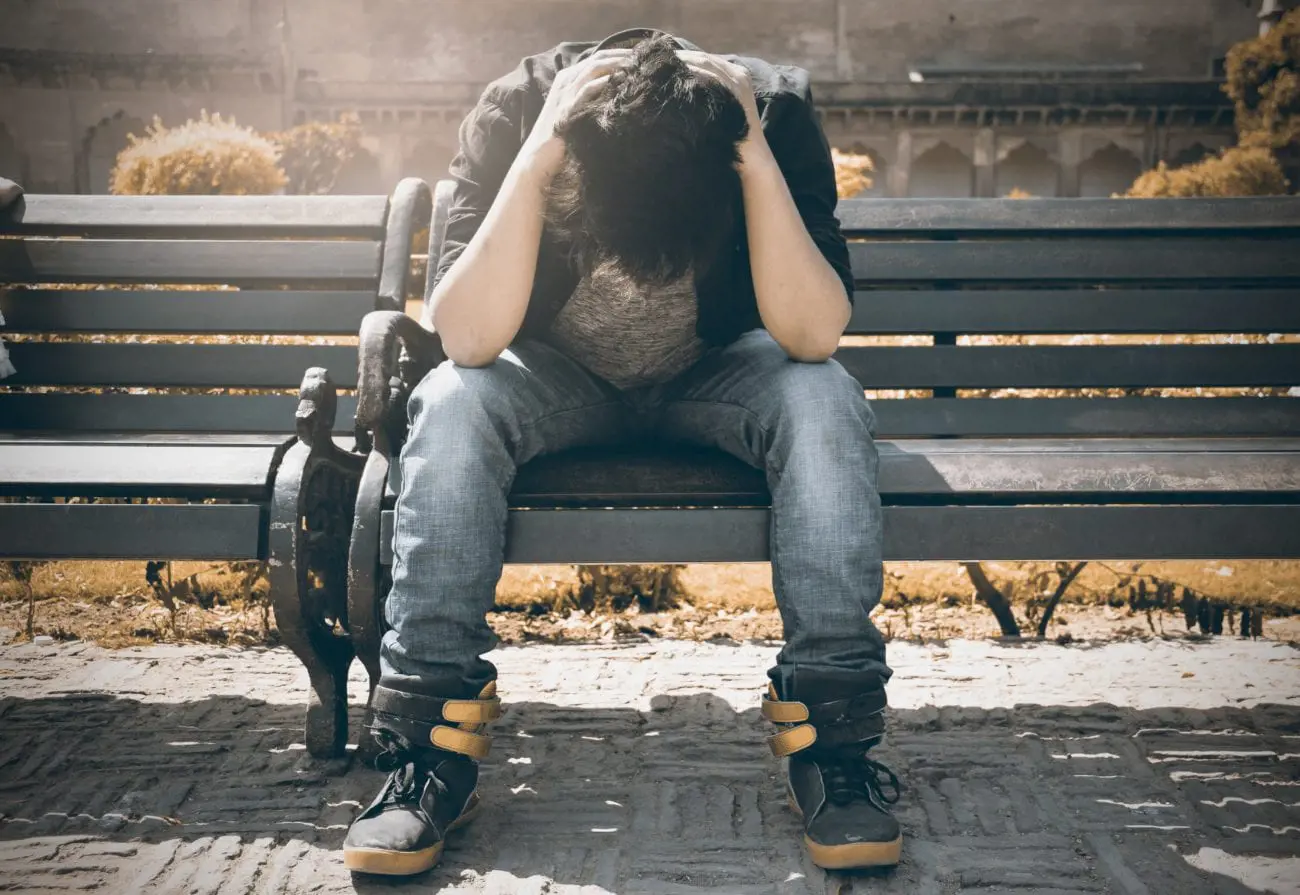Norsk Tipping: "Norway has a gambling problem"
Norsk Tipping head of responsible gambling Bjørn Helge Hoffmann says May's study into the country's gambling habits shows that Norway “has a gambling problem”.

Norsk Tipping head of responsible gambling Bjørn Helge Hoffmann says May's study into the country's gambling habits shows that Norway “has a gambling problem”.
The survey, conducted by the University of Bergen, claims that 55,000, or 1.4% of the population, players in Norway were classified as problem players, while a further 122,000, or 3.1% of the population, were classified as being at moderate risk of developing a gambling problem.
When a previous version of the survey was conducted in 2015, 0.9% of respondents were found to have gambling problems while 2.3% were at moderate risk.
These results were found through a survey of 9,248 participants using the Canadian Problem Gambling Index (CPGI), which scores participants from 0 to 27 based on their responses to nine questions, with a score of eight or above representing a gambling problem.
The study said the increase in problem gambling rates “may be due to more people participating in gambling now, increased advertising exposure and the influence of advertising as well as the fact that games are more easily available over the internet than before”.
In response, Hoffmann said the survey shows that Norway faces serious issues with problem gambling.
“Does Norway have a gambling problem?” Hoffman asked. “In my opinion, yes.”
Hoffman agreed with the study’s assessment of the causes of the increase in problem gambling and argued that advertising was an especially significant cause. This, he said, tended to come from foreign, unregulated operators as Norsk Tipping does not advertise casino games.
“The population survey supports the importance of stopping the advertising of casino games and further limiting the availability of foreign gaming companies,” Hoffman said.
Unlicensed operators “worry” Norsk Tipping, he continued, as their games do not include mandatory loss limits similar to the monopoly’s NOK10,000 (£861/€951/$1,136) monthly limit.
“From a risk perspective, online casino games have a well-deserved bad reputation,” Hoffman added.
However, Hoffman looked to deflect criticism of Norsk Tipping’s Belago electronic gaming machines, which he said was being exaggerated. The survey found that as many of 82% of Belago players may show some risk of a gambling problem.
“The gaming companies that operate illegally in Norway, and want to introduce a licensing model for gambling in Norway, like to point out the Belago machine as the worst type of game. They call Belago the ‘most aggressive game’,” Hoffman said.
“These allegations show either a lack of understanding and knowledge of what the population survey measures, or that one deliberately misuses the numbers to advance one's own case.”
Hoffman said the low level of play on Belago machines made the rate of problem gamblers misleading.
“According to the survey, the Belago machine has the highest relative proportion of problem and risk players,” he said. “But the survey also shows that it is played by just 1% of the players.
“To illustrate how wrong this can be if you deliberately misinterpret it, we can do a similar calculation for the Pantelotteriet [a lottery that sells tickets in pawn shops across the country]. This lottery has a share of problem players of 6.9% and is played by 38.5% of the players.
“This means that almost 67,000 of those who ‘play’ are problem gamblers. That is well over three times as many as for Belago. Most people probably agree that this does not mean that the pawn lottery is a big problem in terms of gambling addiction.”
In addition, Hoffman defended Norsk Tipping continuing to offer of these games by pointing out that it was granted an assignment from the Norwegian authorities to offer gaming machines due to high demand.
Hoffman also pointed out that Belago machines must be actively sought out as they only exist in bingo halls and that they have a “world-leading responsibility framework”, including a mandatory loss limit of NOK4,400 per month.
“We at Norsk Tipping see that Belago has a high proportion of problem players, and know that the casino games available have addictive properties,” Hoffman concluded. “Therefore, it is a game category for which we are especially vigilant.
“This is precisely the point of the regulation of gambling in Norway - that those with a desire to play this type of game should have the option to do so, within a responsible framework.
“It is good that the problem players play Belago, instead of similar casino games at foreign gaming companies where you can lose much larger amounts.”
Last week, Norway notified the European Commissio n of its new Gambling Legislation, which is set to unify the country's Lottery Act, Gambling Act and Totalisator Act, while maintaining Norsk Tipping and Norsk Rikstoto's monopolies in the market. Non-profit organisations, however, would be allowed to offer gambling games with low turnover small prizes.
"“The act will harmonise the legislation applicable to the gambling sector in Norway, and will provide a more coherent and systematic approach to risk assessment, enforcement and sanctions applicable to the sector,” the legislation said.